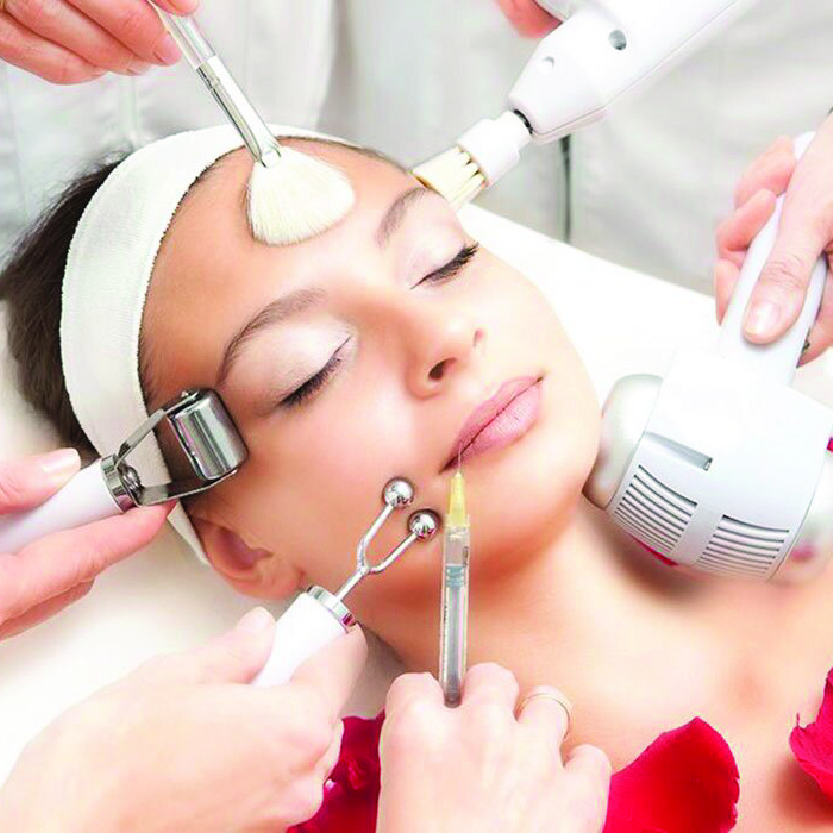During a routine Tuesday consultation at Mayflower Women’s Hospital, a twenty-eight-year-old technology professional gripped an oocyte cryopreservation brochure with remarkable determination. “Attending this appointment seemed improbable until recently,” she revealed to her gynecologist, “yet professional advancement now demands my complete focus, making parenthood timing premature. Can reproductive science genuinely accommodate my timeline?”
This exact dialogue—repeated daily throughout Indian fertility clinics and medical facilities worldwide—signals profound sociocultural transformation reshaping reproductive decision-making while simultaneously revolutionizing gynecological practice models. Industry data confirms thirty percent annual growth in elective fertility preservation, but numerical metrics alone inadequately capture this movement’s significance.
Contemporary women pursuing oocyte cryopreservation fundamentally purchase temporal flexibility, personal agency, and psychological security regarding future family planning. For gynecology practices, this demographic presents unprecedented opportunities establishing sustained patient relationships extending across decades. Research published in Reproductive Biology and Endocrinology demonstrates superior oocyte yields and improved live birth outcomes correlate with younger cryopreservation ages, predominantly under thirty-five years. Significantly, this clientele comprises educated, professionally accomplished individuals prioritizing medical expertise and willingly investing substantial resources securing premium healthcare services. For women considering fertility preservation: understanding both empowerment potential and realistic outcome expectations helps navigate this significant medical and financial investment decision. Read more



